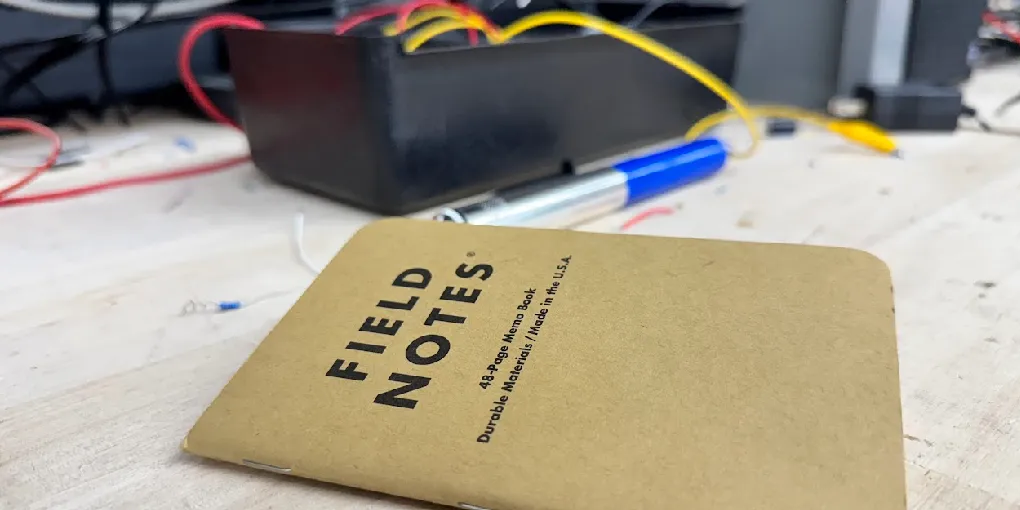
Working In Public: On Staying Authentic
There are many benefits to working in public. For those who aren’t familiar, the idea of “working in public” essentially involves publishing your work. This comes in the form of content published to blog posts, Open Source projects, and even posting online videos to YouTube. The benefits (to me at least) are quite clear. When you do your work in public, you open it up to feedback from anyone, which can be really great for learning. It’s also a great way to network, advertise yourself, and expand your online presence. One of the first work experiences I had was because I was prolifically helpful on a tech support and developer forum, and someone contacted me asking if I wanted to work on a startup with them. Despite this, I still have conflicting thoughts about putting my work out there, and this general idea of “working in public”.
For one, I consider myself generally a private person. When I meet new people I’m typically quite shy, and I try to minimize my online footprint. I don’t really feel the need to share so much of myself to the world. To me, working in public almost feels like it creates some sort of perverse incentive to open yourself up to the rest of the world.
When you work in public, some of the attention is no longer on the work itself, but instead on how it appears to the rest of the world. To some degree, this can be good. As an example, learning to write good documentation for an open source project is most definitely a valuable endeavor. The very nature of documentation for such projects means that it should be out in the public eye.
But other times, this shifted attention can be harmful. Curating a public profile reminds me almost of the stereotype of the Instagram influencer. Their lives revolve around capturing the perfect aesthetic ✨ shot, so that their lives seem so full of activity and joy. Such behavior just feels incredibly hollow to me. The working professional equivalent of this could be something like those who create lengthy blogposts with titles about “lessons learned” as a result of a minor bugfixing exercise or some other mundane event. Or the people who spend more time creating their borderline-spam half-ai-generated LinkedIn posts than actually creating something meaningful and inspired. The people who spend more time tweeting about being productive than actually being productive. It’s the same thing as those perfect Instagram breakfast shots — the appearance matters more than the substance. And I think that’s quite sad.
While there’s nothing wrong with sharing experiences, I think the incentives have somewhat corrupted the concept of “working in public” to a performative task, perhaps renamed to “performing in public”. It’s created the rise of what I like to think of as “corporate cosplayers”, professionals who spend more time acting out their ventures than focusing on their work. I find this extremely common among some of my fellow students, perhaps as a result of this internet culture that demands one to share a perfect (inauthentic) version of yourself online. I don’t think the incentives are new, many things in life have always been linked to appearances rather than substance. But the growing prevalence of working professionals with an online presence has certainly accelerated and added new pressures to the equation.
And this is not to say I’m not guilty of this. I think everyone is to some degree. I publish content on this blog, some of which I’m sure are a waste of time to read. I sometimes feel pressured to code so that my Github commit graph stays green, even when I should be taking a break. And I’m not saying that working in public is all bad. I’m someone who’s gained valuable experience from it, and have maintained my own fair share of open source projects. I think a lot of the challenge lies in finding a middle ground between being a private shut-in geek and a “corporate cosplayer”.
An oversimplified approach would be to only share and promote your highest quality work. Or maybe to only promote your work when they contribute to something meaningfully. But there is nuance to be had here still. What determines when a work is meaningful, and to whom? And everyone has to start from somewhere. My awful reflections into the ether are awful, but are also a stepping stone into building good and clear communication skills that I might one day use to build valuable insights and meaning for other people. I think ultimately the difference comes down to a matter of intention. Appearances do matter, but don’t let them get in the way of your work.